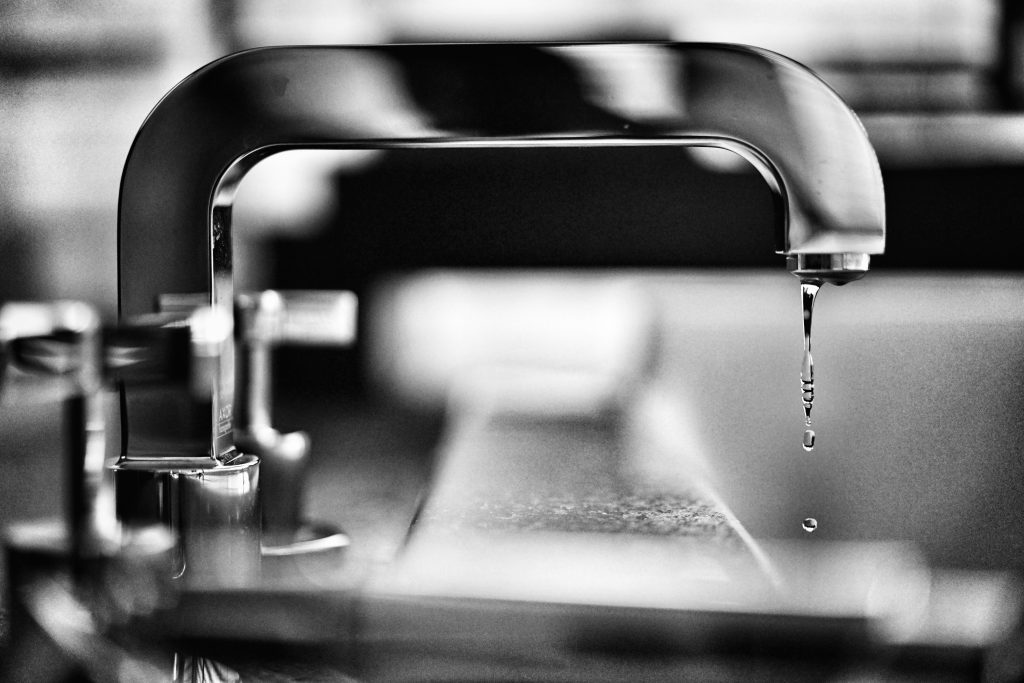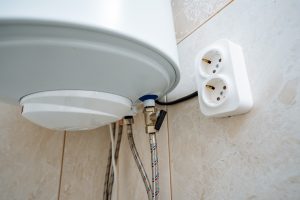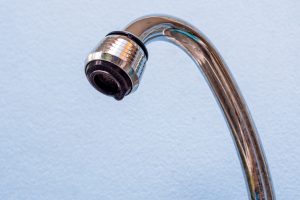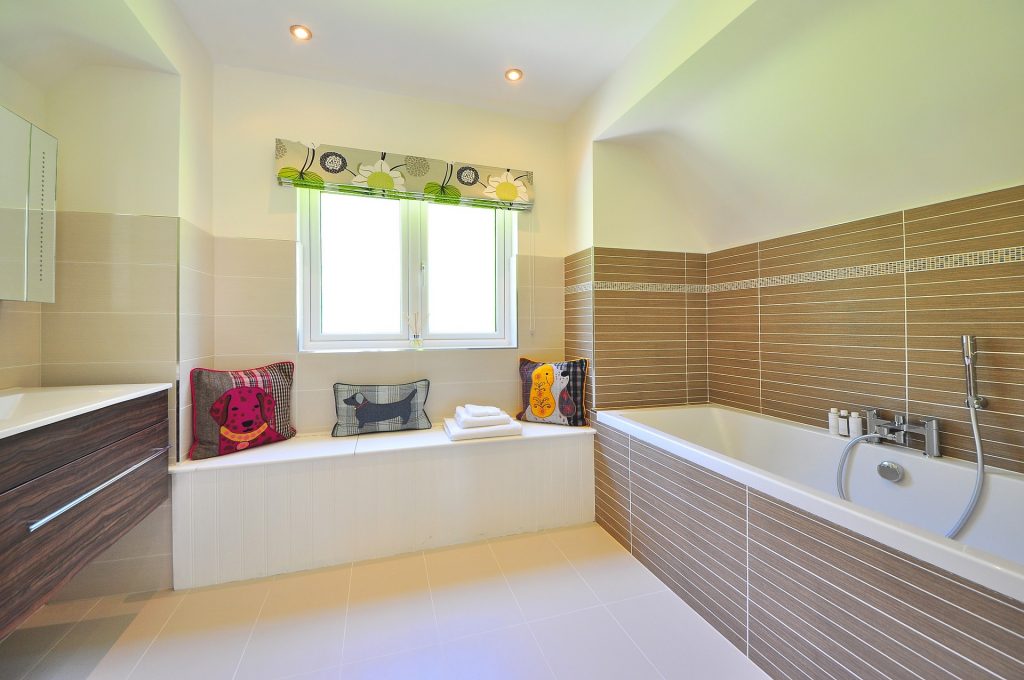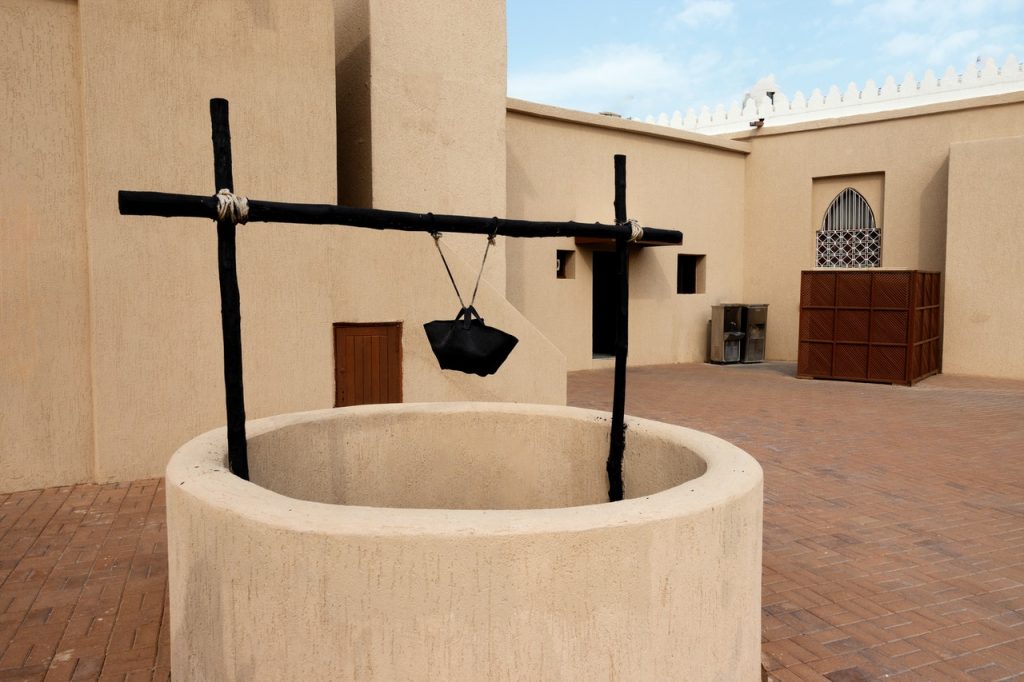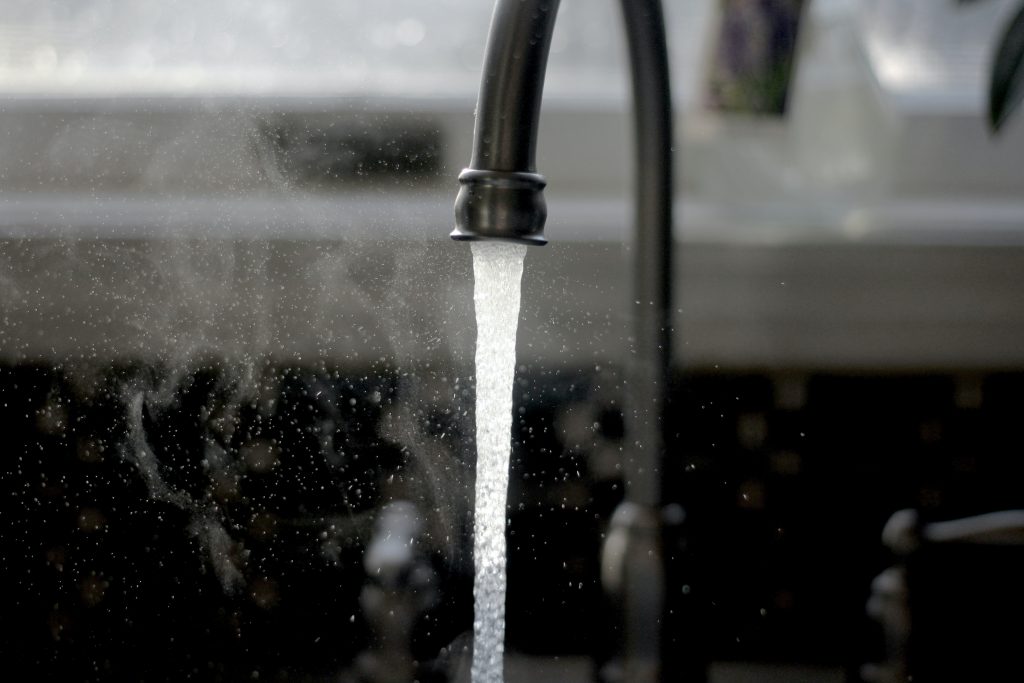Most of us don’t spend a lot of time thinking about keeping our plumbing in good order. However, if you have any of the following problems you might want to call a professional for plumbing maintenance or repairs and consider employing more routine care for your plumbing system before you find yourself in another bind.
- Slow or clogged drains
- Low water pressure
- Complete loss of water
- Leaks
- Backflow
- Foul odors
- No hot water
- Non-working plumbing fixtures
- Unexplained running water sounds
- Signs of mold and mildew
What maintenance does my plumbing require?
Plumbing maintenance includes checking for the signs that anything is wrong before it escalates to a full-blown crisis. A licensed plumber from American Home Water and Air can inspect your entire plumbing system for you and advise if there are any current or potential problems.
A few issues that might be forming but not yet giving you any real grief include:
- Cracks in older pipes—If you live in an older home that has shifted over the years or has pipes made from materials that might degrade over time, you could face leaks as cracks form and grow larger.
- Potential clogs—Buildup from oils, food particles, or hair can eventually cause a complete blockage. Households with children sometimes find unexpected items that have been dropped down drains or toilets, creating a potential for clogs.
- Invasive tree roots—Trees planted near your pipelines bringing water into your home or sewage lines taking waste away can sometimes grow, expanding their root systems to the point that they damage the pipes in their way.
- Loose plumbing—Whether a case of older pipes simply no longer holding in place, improperly installed joints, or shifted during renovations or other movements, loose plumbing can create a huge problem if not addressed early.
Any of these problems can cause bigger issues as they progress. In addition to costly repairs to the plumbing itself, you could face damage to walls, floors, ceilings, and other valuable aspects of your home’s interior.
Other benefits of regular plumbing maintenance
In addition to preventing expensive repairs down the road, plumbing maintenance can ensure that your system provides you with the conveniences you’ve come to expect without interruption or disappointment.
- Water pressure can be reduced by leaks or clogs. No one likes a sad little stream coming from their showerhead or waiting so long for the sink or tub to fill that the water is already getting cold before it’s finished
- Middle-of-the-night carnage such as a burst pipe or a backed-up toilet can wreak havoc on your household and it’s really hard to find a plumber at 2 a.m. Emergency services can be costly and put your plumbing out of commission unnecessarily.
- Mold and mildew are not your friends. These can both be health hazards to you and your family. Regular plumbing maintenance can make sure you never encounter an out-of-control buildup of these potentially deadly formations.
- Code violations can occur when you are ill-prepared to correct the situation. If you live in an older home or have had less than expert plumbing repairs done in your home, you may be completely unaware of plumbing situations that aren’t up to proper code. A licensed plumber can give you a warning about things that will need to be updated, giving you time to plan for the repair and the cost of it.
- Water heater problems can usually be prevented with routine maintenance. Taking care of your tankless water heater in Phoenix will help it continue to take care of you and prevent you from ending up in a cold shower with shampoo stuck to your hair.
- Voided warranties are always unpleasant. Failing to maintain appliances during their warranty period can result in repairs not being covered by the manufacturer.
- Safety concerns are better if caught early. Things such as a leaking water heater or other appliance coming into contact with nearby wiring can be a dangerous situation. A faulty gas line coming into your pilot light can be a disaster. The sooner these are caught and corrected, the more peace of mind you can enjoy.
Can’t I just do my own plumbing maintenance?
Sure, to an extent. While there are many things a knowledgeable plumber can catch that you might not until you see signs of an issue such as those listed earlier, there are routine measures you can take to keep your plumbing working properly. In addition to these problems, there are more DIY projects you will be better off leaving to professionals.
A plumbing maintenance checklist should include the following:
- Check your drains—Every three to four months you should run water down your drains to see if you see any signs of a clog preventing proper drainage. A mix of baking soda and vinegar can usually cure a slow drain. You may need to clean our P-traps.
- Scrub your faucet aerators—Unscrew the cap on your faucet and clean off any calcium that has built up with a stiff brush and some dish detergent.
- Check for pipe damage—Inspect all visible pipes for signs of rust or cracks. Failure to repair these can result in substantial leaks. A plumber can address these for you before they become a more significant problem.
- Check for leaks—You will likely see the damage before the leak. If you are finding moisture or water beneath your sinks or toilets, you likely have a leak. A loss in water pressure can be a sign of a leak that might be out of your view. You can use a water pressure gauge to check that it falls between 40-65 psi.
- Check your toilet tank and bowl—Any cracks or loose connections need to be repaired. A broken seal around the bottom can lead to rot that will spread.
- Water heater maintenance—Flush your water heater according to the manufacturer’s guidelines and inspect it for leaks or temperature malfunctions.
- Sewer and septic lines—These are likely not going to be anywhere that you can see, but you can try to prevent clogs by routinely pouring a drain cleaner through them to prevent any problems. If you are experiencing backups and cleaners don’t work, you’ll need a plumber for the job.
Whether you choose to do basic preventative plumbing maintenance yourself or have a professional do it for you, AHWA is available to assist you whenever you need help. You can schedule an appointment online or call them for an inspection or repairs.


